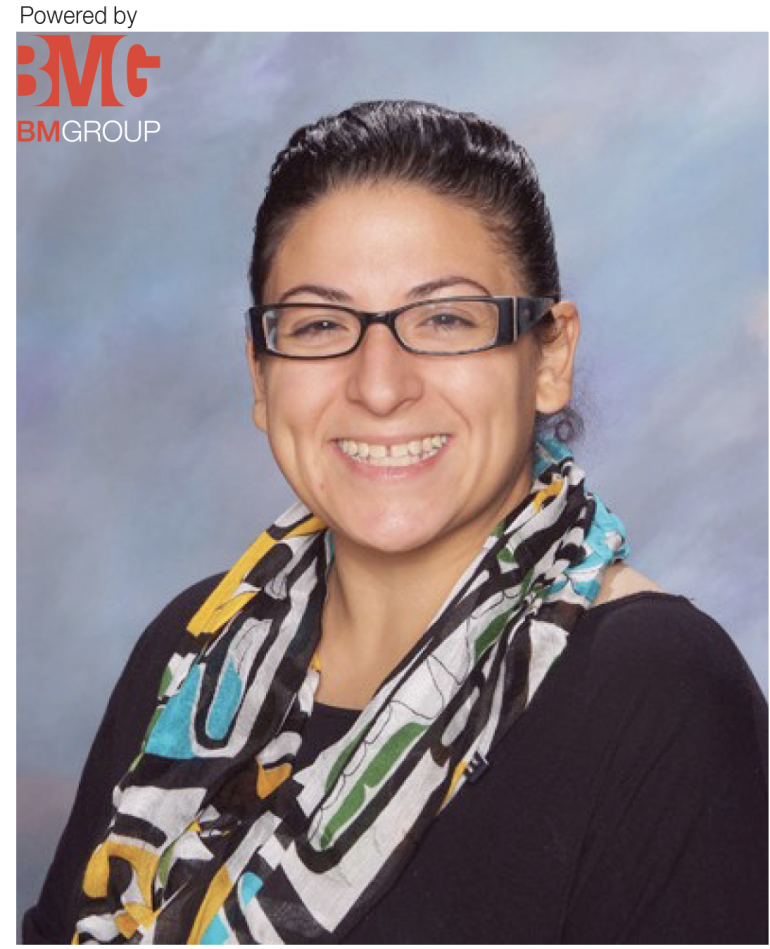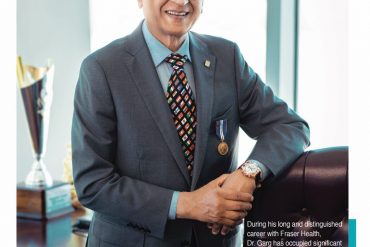BY J.M.LEE
“Inclusion is diverse equitable systems & full respect from cultural to legal standpoints. It is easy to fake, so open dialogues on how people feel in spaces are crucial to ensuring inclusion and not just token acceptance”.
Annie Ohana is an anti-Oppression Curriculum Specialist & Indigenous Department Head at LA Matheson Secondary. A Sephardic Jewish settler of visible minority Moroccan immigrants, Annie has lived in multiple worlds, privileged and oppressed. “I realized that I had to make space for others to uplift myself and bring justice to others. I share their stories and constantly question the systems we are forced to follow. Leadership is knowing when to lead from the front, within the middle, and support from behind,” Annie emphasized.
Her most significant inspiration is communities bold enough to be themselves. Whether they be 2SLGBTQ+, Indigenous, working-class (and more), they reclaim identities to stand firm and never let the judgment stand in their way.
She has created multiple programs where people did not believe in her and taken on problematic situations where she feared for her job. “I use mentorship through Identity to look for individuals who want to bring themselves forward and provide them with space to grow,” Annie elaborates. “They already have many skills, and I was there to guide them.”
Annie’s vibrancy is non-negotiable. To dull oneself is to be disempowered, she believes. She’s learned to focus on empowerment, and she is liberated when she is true to herself. Courage, risk-taking, and resilience have always been strategies. The difference is that women realize that the patriarchal system that says these are problematic traits lies to keep women down. We should not accept the diminishment of our goals and vision, and striding forward with confidence is critical.
TEAM is an acronym:
Talking in Dialogue,
Empowering each other,
Accountable always,
Mentoring through Identity.
Microaggressions to sexism are still alive and well. Women struggle with systemic discrimination such as pay inequity to misogyny. The fight continues. As a woman, do NOT let others define a woman’s balance.
She believes that women should not be defined by a binary of what a woman is or is not, and a woman must define her womanhood herself. And she reminds everyone: “Sisters, not CIST-ters.”
For Annie, inclusion is not tolerance or equality. “Inclusion is diverse equitable systems & full respect from cultural to legal standpoints. It is easy to fake, so open dialogues on how people feel in spaces are crucial to ensuring inclusion and not just token acceptance,” she affirms.
Her mother had overcome many challenges: The death of newborn, physical ailments, and needing to support Annie’s father when he suffered a nervous breakdown, and that was only the beginning. Annie’s mother teaches her that strength and love are internal every day, and she thanks her daily for life she provided her.
Finally, Annie dares to ask: “If we are not teaching to transform our world to uplift our identities, what are we doing?”



